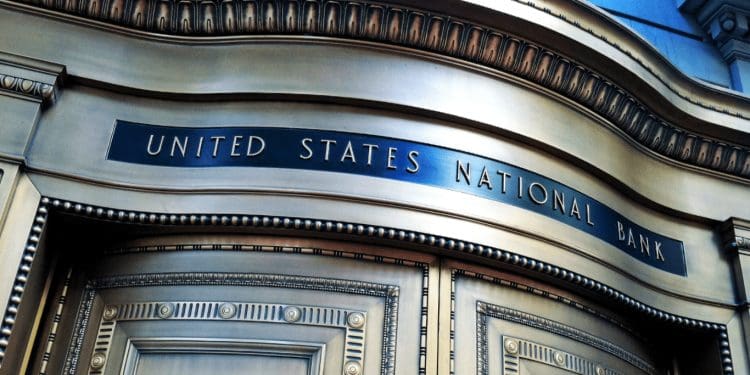- Three US federal agencies have outlined the risks and safe practices associated with crypto assets for the banking sector.
- These agencies have recognized the potential benefits of crypto assets, but mostly focused on highlighting their risks.
- The goal of the agencies is to prevent risks associated with the crypto industry from spreading to the banking sector.
In a recent joint statement, several US federal agencies have outlined the risks and safe practices associated with crypto assets. The report was issued by the Board of Governors of the Federal Reserve System (Federal Reserve), the Federal Deposit Insurance Corporation (FDIC), and the Office of the Comptroller of the Currency (OCC).
The agencies acknowledged the growing popularity of crypto assets and their potential benefits, such as increased financial inclusion and faster, cheaper transactions. However, they also highlighted the risks of these assets, including their high price volatility, the potential for fraud and illicit activity, and the lack of regulatory oversight.
The statement clarifies that the goal of regulation is so that risks associated with the crypto industry, which cannot be reduced or controlled, do not spread to the banking sector. The US federal agencies closely monitor and supervise banking organizations that may be at risk due to their involvement in the crypto sector.
They are also carefully examining any proposals from these organizations to engage in activities involving crypto assets. Given the significant risks highlighted by the recent failures of several major crypto asset companies, the agencies continue to take a cautious approach toward crypto asset activities at banks.
Banking organizations are not forbidden or discouraged from offering banking services to customers of any specific class or type as long as it is allowed by law or regulation. The US federal agencies are continuing to evaluate how current and future crypto asset activities by banking organizations can be conducted legally and safely. That means addressing consumer protection, legal permissibility, and compliance with anti-money laundering and illicit finance laws.
The agencies believe issuing or holding crypto assets on an open, public, and decentralized network is inconsistent with sound banking practices. Additionally, the agencies have significant safety concerns about business models focused on crypto asset activities or have substantial exposures to the crypto asset sector.
The US federal agencies will continue monitoring banking organizations’ crypto-asset exposures closely. If necessary, the agencies will release additional statements regarding the engagement of banking organizations in crypto asset activities. They will also continue to work with other authorities on issues stemming from activities involving crypto assets.
In summary, the joint statement issued by the US federal agencies serves as a warning to all US banks attempting to expand their operations into crypto asset activities. While the agencies do not explicitly prohibit investment and involvement in crypto asset activities, they are clearly saying they will closely monitor the situation.












